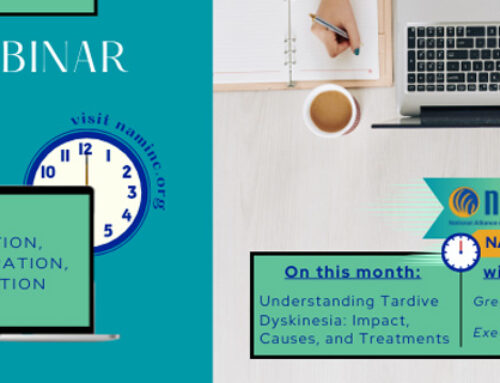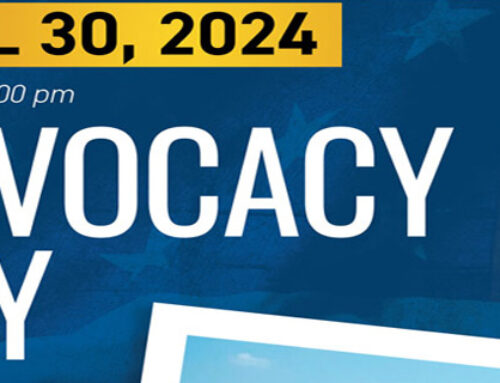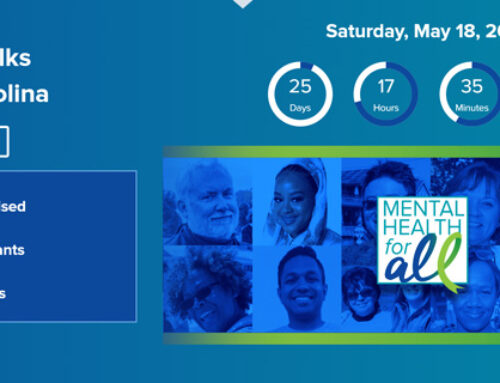
All of us have “hot buttons” or triggers that make us susceptible to mood shifts. With the right preparation and support system, we can manage these reactions.
By Robin L. Flanigan
In the delicately balanced ecosystem of bipolar, any type of stress—positive or negative—can spark a mood shift and lead to relapse. A spat at home, the onset of cold weather, disruptions in the daily routine, even the joyous birth of a child can open the door to an episode of depression or mania.
The situations that usher in a mood shift are known as triggers. Everyone has them, although particular “hot buttons” vary from individual to individual. Susceptibility to common triggers also varies, so that Person A can have a few late nights without ill effects but Person B has to stick to a rigid bedtime or face the consequences.
Such reactions can be managed, however, with the right preparation and support. In fact, that’s one reason why Steven of Massachusetts loathes the term “trigger.”
In his view, “it doesn’t show enough respect for individuals to be resilient in the face of stressors that are upsetting. It’s as if we don’t even think about it, but just react and simply dissolve. I began realizing, ‘Wait a minute, I have more control than this.’”
Along with “stressor,” Steven prefers “precipitant” or “instigator”—all part of the “wellness-based language paradigm” he has used over the years as past president of the Depression and Bipolar Support Alliance of Boston and as a facilitator and member of several other support groups.
Steven finds himself dangerously stressed by a disorderly environment, perhaps because he was raised in a household whose standards made Felix Unger of The Odd Couple “look dirty by comparison.” Read more >>




